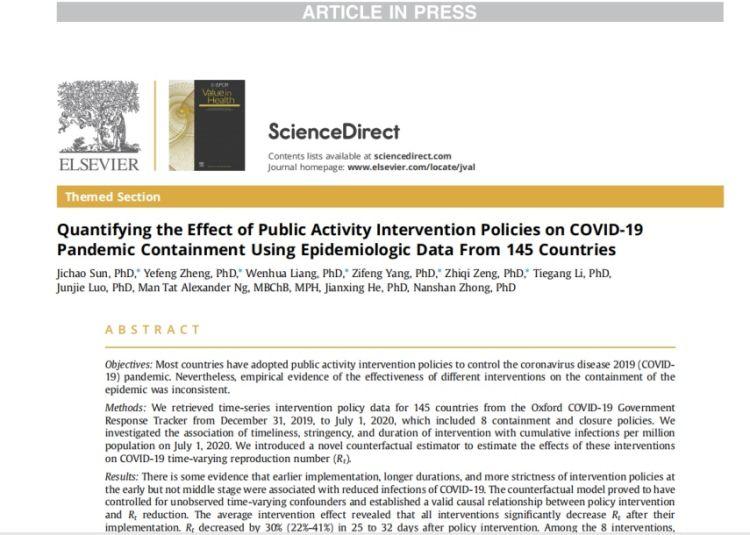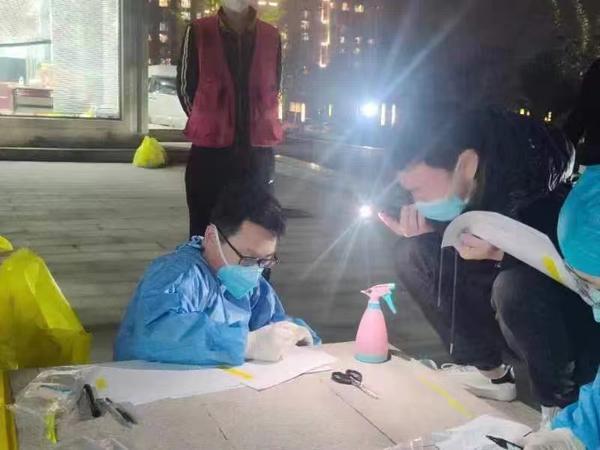Ladies and Gentlemen,
Good evening, and welcome to this virtual gathering. Today, I stand before you with a heavy heart but also a glimmer of hope, as we collectively reflect on the unprecedented challenges posed by the COVID-19 pandemic. This global health crisis has reshaped our world in ways that will be felt for years to come, and it is imperative that we use this moment to not only discuss the hardships but also to celebrate the resilience and solidarity that have emerged from the ashes of adversity.
The Pandemic's Impact: A Global Tragedy Unfolds
The COVID-19 pandemic has not only been a public health emergency of international concern but also a socioeconomic catastrophe. It has claimed millions of lives worldwide, disrupting healthcare systems, economies, and daily life for billions. The virus has demonstrated its insidious ability to spread rapidly across borders, highlighting the interconnectedness of our planet and the need for a more coordinated global response.
In English, the term "pandemic" conveys a sense of universality and urgency. It encapsulates the idea that no country is immune, and every nation must face this challenge head-on. The English language, with its global reach, has played a crucial role in disseminating information about the virus's origins, symptoms, and prevention measures, facilitating a rapid global response.
Healthcare Systems Under Pressure
One of the most immediate impacts of the pandemic was the overwhelming of healthcare systems in countries with limited resources. In English, we speak of "frontline workers," a term that encapsulates the bravery and dedication of doctors, nurses, and other healthcare professionals who risked their lives to save others. Their stories are told in English around the world, inspiring hope and solidarity amidst the darkness.
The pandemic has also highlighted the importance of public health infrastructure and preventive measures such as widespread testing, tracing, and vaccination. The English term "flattening the curve" became a household phrase, illustrating the concept of slowing down the spread of the virus to prevent hospitals from being overwhelmed. This simple yet powerful idea underscores the collective responsibility we all share in mitigating the impact of the pandemic.
Economic Disruption and Recovery Efforts
The economic fallout from COVID-19 has been severe, with businesses closing their doors, unemployment skyrocketing, and entire sectors struggling to survive. The English term "lockdown" has become synonymous with measures taken to contain the virus's spread, though its economic consequences have been profoundly felt. The phrase "stay-at-home orders" highlights the sacrifices individuals were asked to make for the greater good.
However, as we navigate this uncharted territory, there have been glimmers of hope. Governments and international organizations have collaborated to provide financial relief, such as stimulus packages and loan guarantees. The English language has been instrumental in sharing best practices for reopening economies safely while ensuring public health protocols are adhered to. The term "economic recovery" is now being discussed globally, with a focus on building back better and more resilient systems.
The Role of Communication and Information Sharing
The speed and effectiveness of information sharing during the pandemic have been crucial factors in mitigating its impact. The English language has been a unifying force, allowing for the rapid dissemination of scientific findings, vaccine updates, and policy recommendations across borders. Platforms like Twitter and Facebook have become vital tools for sharing accurate information and addressing misinformation, reinforcing the importance of "fact-checking" in our digital age.
Building Back with Resilience
As we look towards the future, it is essential to learn from this pandemic and build back stronger. The English language continues to be a bridge between nations, fostering international cooperation on issues like vaccine distribution equity and post-pandemic preparedness. The concept of "herd immunity" is discussed in English as we strive for collective protection against future outbreaks. This not only requires vaccination uptake but also improved access to healthcare for all, enhanced public health infrastructure, and a greater emphasis on prevention.
Moreover, the pandemic has underscored the importance of mental health support and well-being. The English term "psychological resilience" has gained prominence as we recognize that coping with adversity requires not just physical but also emotional strength. Communities have come together in English-speaking forums to share resources, stories of hope, and provide mutual support during these trying times.
Conclusion: A Call for Unity and Action
In conclusion, the COVID-19 pandemic has been a defining moment for our world, testing our resilience and unity on an unprecedented scale. As we continue to navigate this crisis, let us remember that we are stronger together than apart. The English language has been a unifying force in our efforts to understand, combat, and ultimately overcome this pandemic. It is through shared knowledge, empathy, and collaboration that we will build back better and more resilient societies post-pandemic.
Let us use this opportunity to reimagine our world – one that is more inclusive
转载请注明来自爬爬百科,本文标题:《全球视角下的COVID-19疫情,挑战与韧性》












 京ICP备11000001号
京ICP备11000001号
发表评论